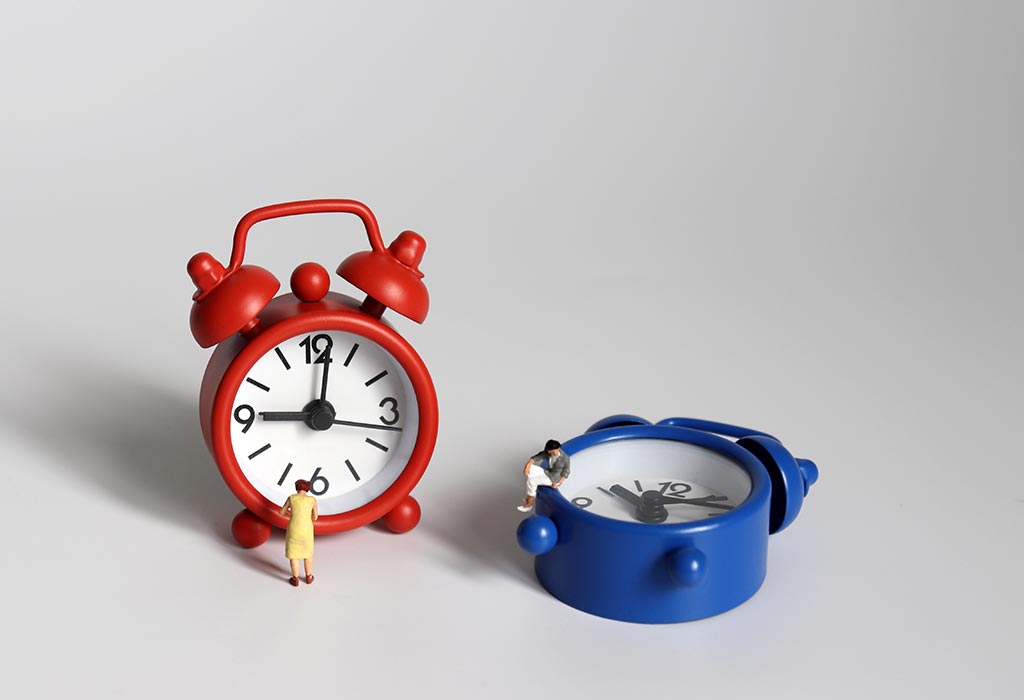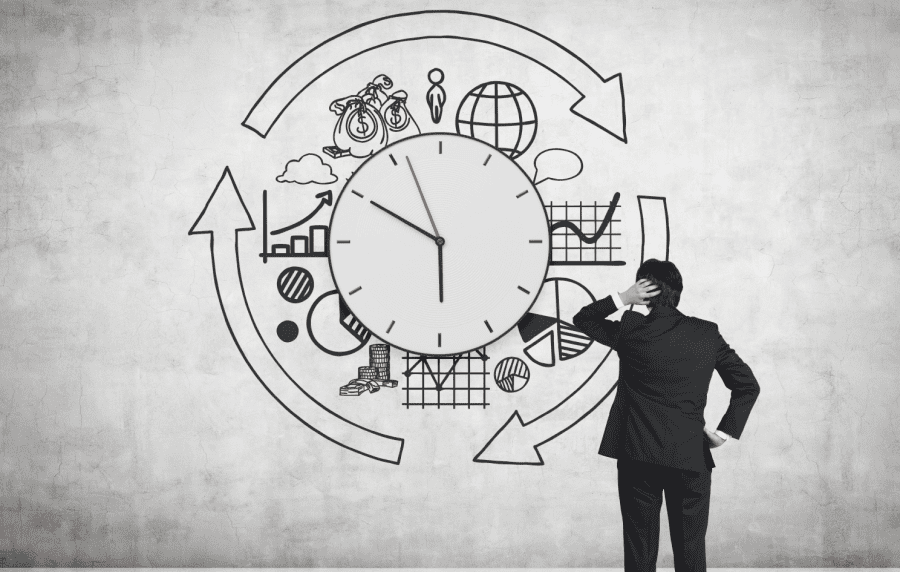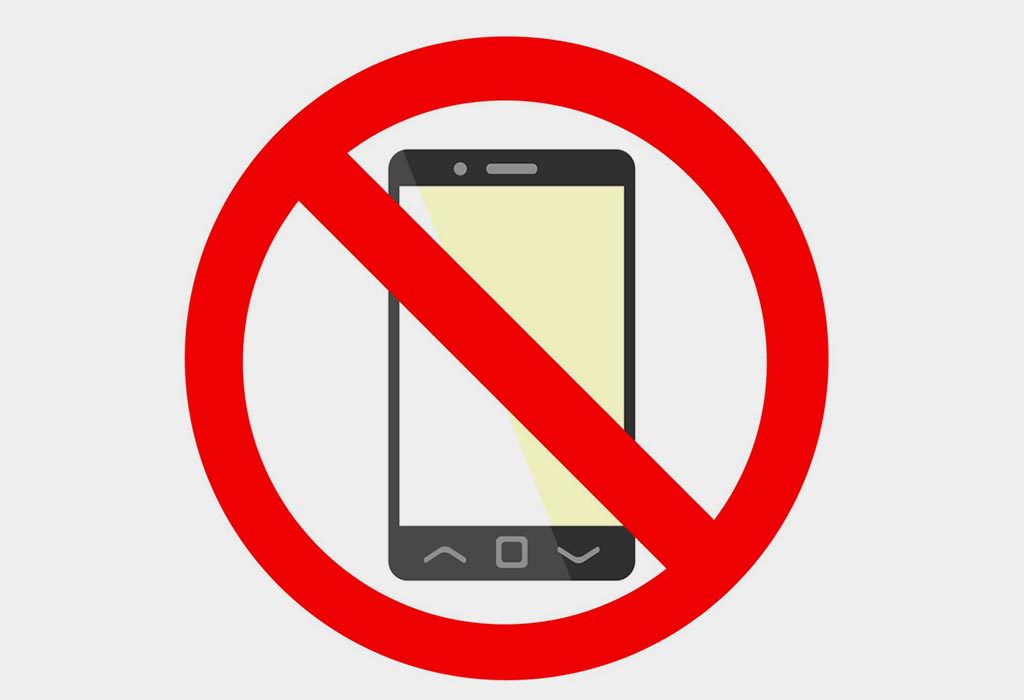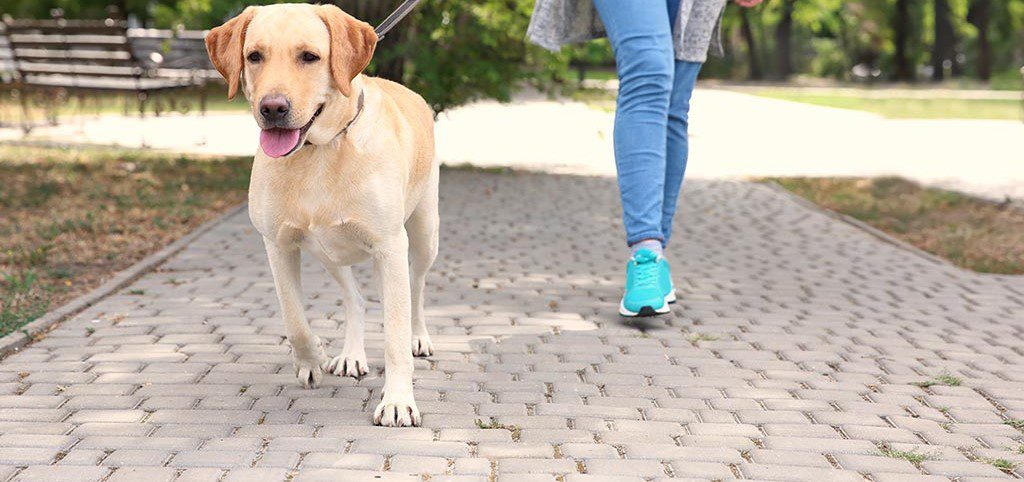Are you tired of constantly using the snooze button and not being able to wake up early? Here's the solution. Read this article to learn the different reasons why you can't wake up, and how to wake up early.
Genetics likely plays a role in whether someone wakes up early in the morning or late at night due to staying up late. However, other times, the reason may be a daily routine that doesn't allow for adequate sleep, leading to insomnia, stress, and subsequent health problems.
As the popular saying goes: “Wake up early, stay healthy.”
If waking up early is a problem for you, whether due to genetics or lifestyle, Care2 offers important advice, supported by evidence and experiences published on specialized sites such as sleep.org, Healthline, and Forbes magazine, to help you succeed in becoming the person you want to be.

Science tells you how to start your day and how to best shape the rest of your day. Let's explore more about why and why you should wake up early. Follow along below.
Why is it good for you to wake up early?
My secret to being active in the morning and evening is to take a nap, usually somewhere between 2 and 4 p.m. I also prefer to complete tasks that can pile up in the morning, often responding to emails.
Have you ever found yourself pressed for time or always working around the clock? Maybe you've always wanted to exercise and get in better shape, but you can't find the time after waking up late and heading straight to work. As our days get busier, it's a good idea to wake up early because it allows you to have some personal time. Think of it as time alone with yourself for creative thinking and increased productivity.
Unfortunately, creating new habits isn't easy. It takes work and commitment. But we can help with tips and techniques that will make the transition to early morning easier.
You're probably not getting enough sleep and need to adjust your bedtime routine, but if a sleep disorder or other health condition is causing your morning sleepiness, there are treatments available.
We'll talk more about these possible causes, and how to wake up early, below:
How to wake up early in the morning?
To know how to wake up early, follow these tips:
1. Place the alarm clock out of reach.
Unless you have an extra hour or two to sleep, hitting the snooze button won't help. On the other hand, waking up as soon as you hear the alarm tone and going to bed on time helps synchronize your body's internal biological clock.
2. Let the light in
One answer to how to wake up early is that as soon as you wake up, open the curtains or blinds, or go outside, as natural light stimulates your brain and keeps your body clock on track.
If you suffer from morning brain fog or have seasonal affective disorder or depression, try turning on a light box. It can lift your mood and help you feel more awake.
3. Eat a healthy breakfast
Oatmeal, leafy greens, and even water can help you feel more alert in the early morning hours. Also, some people know that apples are a natural caffeine. They don't actually contain caffeine, but the fiber and natural sugar can help wake you up.
4. Start exercising
Whether you go for a run, head straight to the gym, or just do some jumping jacks in your bedroom, exercise is just what you need to get your blood pumping and is one of the ways on how to wake up early.
Walking is the best form of morning exercise as it is effective in making your body feel energetic in the morning and forget about drowsiness.
5. Go to bed early
To wake up early, you'll need to get plenty of sleep. This means going to bed early, even if you're used to staying up late.
6. Reduce lighting and turn off electronic devices before bed.
Bright lights at night can reduce melatonin levels, and it's not just overhead lights. The glow from cell phones, computers, and televisions also slows melatonin production.
Dim the lights in your home, and turn off all screens and electronic devices at least an hour before you plan to sleep.
7. Try a melatonin supplement to get back on track with your sleep.
When it comes to waking up early, you can take a melatonin supplement to help reset your body clock. Melatonin doesn't work well for all sleep disorders, and it can lead to drowsiness the next day for some people.
It's always a good idea to talk to your doctor before taking supplements due to potential side effects and interactions with other medications you may be taking.
People with autoimmune disorders or diabetes, who take birth control pills, blood thinners, tranquilizers, or certain blood pressure medications should not take melatonin without first discussing it with their doctor.
8. Participate in a sleep study
If you can't wake up in the morning after trying other methods or notice any of the warning signs of a sleep disorder, talk to your doctor about a referral to a sleep specialist.
Participating in a sleep study can help diagnose a sleep disorder that may be causing your morning fatigue.
9. Treat sleep disorders
If you are diagnosed with with sleep disorders, Such as chronic insomnia Or restless leg syndrome (RLS), treatment can help you sleep and wake up better.
Best Ways to Wake Up Early in the Morning
Here are some of the best ways to wake up early in the morning.
1. Get rid of curtains and anything that obstructs the sun’s entry.
If you sleep with a window close to you in your bedroom, or close to your head, the best way to wake up earlier is to start by throwing off the curtains. This may sound strange, but it works every time. As soon as daylight hits your body in the morning, it signals to you that it's time to wake up. You emerge from sleep as soon as you open your eyes—no excuses.
2. Chi Kung practice
Qi Gong is the art of cultivating and circulating Qi (chi) in your body. If you take a look at Morning Qi Gong exercises, you'll notice they rejuvenate and energize you. They're far better than caffeine and help you get rid of morning jitters. Don't hit the gym the next time you wake up. Do some Qi Gong, and you'll find yourself feeling less anxious and waking up earlier every day.
3. Start with something fun.
If you want to wake up early and are excited about it, start your day with something enjoyable. This could be journaling, creating art, listening to music, or chatting with a friend. New habits are built on the foundation of happiness and enjoyment. After all, why commit to something if it isn't going to be enjoyable in the long run?
The same applies to waking up early.
4. Set two alarms to wake you up.
Set an alarm on your Fitbit or near your bed, within easy reach, and another one a little further away. Make sure there's a 15-minute gap between the two. This helps you wake up gently and avoid that morning grogginess. When the first alarm goes off, start doing something enjoyable like reading or stretching in bed. When the second alarm goes off, get up, wash your face, and get ready to start your day. You don't feel guilty either, and it's easy to stick to. With practice, you'll wake up early without an alarm.
5. You have the reason
Your reason is the most important reason for waking up early without an alarm. Have a reason behind why you do it. Is it because you want to spend more time with your family or learn a new skill? Or because you want to develop yourself and advance your career by learning more?
A ship without a destination goes nowhere. The same applies to mastering how to wake up early and feel refreshed.
6. Plan your free time
Some of you may already be productive on weekdays and may be asking, “What’s the benefit of waking up early on weekends?”
Well, this is where free time comes in. Think about your favorite hobbies or what you'd like to improve on. That's what weekends are designed for. Think about that for a minute and plan your weekends to the point where you're busy and not left with a question mark.
7. Work details
When you wake up early and have a lot of free time, it can be daunting. You may have to hit the snooze button. That's why we talked about your particular reason. But in this context, we're talking about your little one. Start by thinking about what you want to do after you wake up.
Will you brush your teeth, work for a few minutes, and then head to the office? Or spend time reading and spending a few moments with your family and then work? Schedule the time or duration you want to spend on these "micro-tasks" and use them until they become easier each day.
8. Stay away from electronics.
Don't use smartphones, laptops, or tablets within an hour of bedtime. Give them to someone else and don't bother looking for them. Don't turn them on and keep them far away, out of reach, in your bedroom.
9. Instinct
Waking up early is our natural design as humans, but with all the hustle and bustle in the world, something so obvious can seem unnatural. Remind yourself of the benefits of waking up early and how it's your natural state. Recharge your mind with positive thoughts, work on them, and keep repeating this step to change your life.
10. Start with your favorite thing.
If you love taking your pet for walks, it's time to consider getting them an early wake-up call. Feed your pet early in the morning and remind them every day. If you miss a day or don't wake up early, you can rest assured that they'll be on your radar, like security breach triggers.
11. Get an accountability partner
Finding new friends who wake up early or stay close to home is a great way to get the ball rolling. Go out for early workouts or walk with that friend and ask them to knock on your door if it looks like you're going to miss a day. It'll be like magic.
12. Try polyphasic sleeping.
It's for those who want to wake up early while sleeping less, without sacrificing the quality of their sleep. Typically, the average person sleeps for 8 hours a day. You have four stages of sleep and two conditions known as "Slow Wave Sleep (SWS)" and "Rapid Eye Movement" (REM). Your quality of sleep lies in the REM stage.
You can try splitting your sleep or dividing your 8-hour cycle into three parts: six hours at night and four 30-minute power naps throughout the day. Just search for terms like biphasic cycles or Everyman sleep cycles, and you'll get the idea.
Try to change your sleeping time gradually.
If you have difficulty waking up and feel exhausted every morning, it's important to determine whether you're getting enough sleep (or if there's a problem with your sleep quality). According to the Mayo Clinic, an average adult needs 7 to 9 hours of quality sleep each night.
To train your body to love the mornings, set your alarm to wake up earlier and go to bed earlier each night. Sleep.org also recommends following the "quarter-hour rule," which involves going to bed 15 minutes earlier each night to gradually adjust to the new schedule. You'll find you're going to bed an hour earlier after just four nights.
13. Times of relaxation and tranquility
It won't be easy to fall asleep early each night if you don't feel well-rested. So, use your evening time to relax and unwind, allowing your body to begin the natural sleep process. Sleep.org recommends turning off bright lights, as they can suppress the sleep-inducing hormone melatonin. This also applies to bright screens like TVs, smartphones, tablets, etc. Try to wind down at least an hour before bedtime, and you're more likely to fall asleep more easily.
14. Improve what you eat
Your diet affects how you feel before bed and after waking up. Skip caffeine and avoid herbal teas. Eat more fruits, vegetables, nuts, and seeds, and get your protein from lean meats. Organic foods are great too. The cleaner you eat, the more disciplined you'll be. And the more discipline and willpower you cultivate, the easier it will be to create new habits—like waking up earlier. It's a positive chain reaction of sorts.
15. Be consistent
Once you start waking up early, be consistent and stick to it. No excuses.
It doesn't matter if it's a holiday, a vacation, or a special event. You worked for it, and now you don't want to let it go. Remember why you started waking up early in the first place, and you must stay committed to your reasons.
Your mind and body will thank you in the long run. You can bet on it.
Waking up early is like building a new habit. It's about staying true to yourself and being honest and committed. While the tips and techniques above will help, you must have the desire to change. Or the will to move forward. Once you have the desire burning within you, these tools and techniques are best used. And remember—it takes time. It won't happen overnight, so give yourself a little slack and be gentle when you start. And don't forget to let us know how it goes.
What causes difficulty waking up in the morning?
After learning how to wake up early, we tell you that the difficulty of waking up in the morning is not limited to your love of sleep and your hatred of waking up in the morning. Rather, lifestyle factors, some health conditions, and medications can make waking up in the morning difficult, including:
- Pathological sleep disorders: such as sleepwalking, sleep talking, and night terrors.
- Sleep Apnea.
- Lack of sleep.
- stress and anxiety
- Depression.
- Sleep disorders associated with the biological clock.
- Some medications, such as beta blockers, some muscle relaxants, and some antidepressants.
- Chronic pain.















